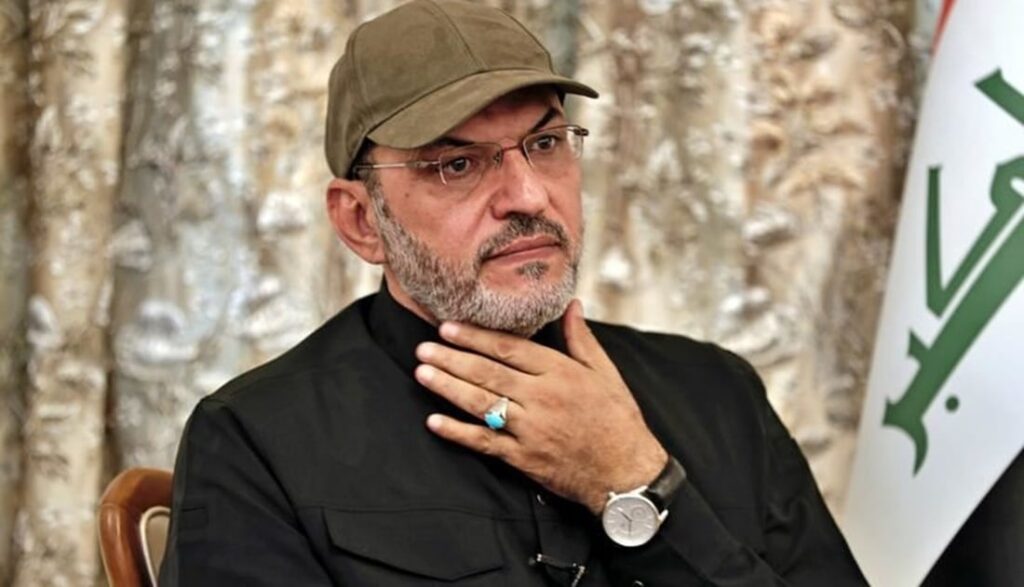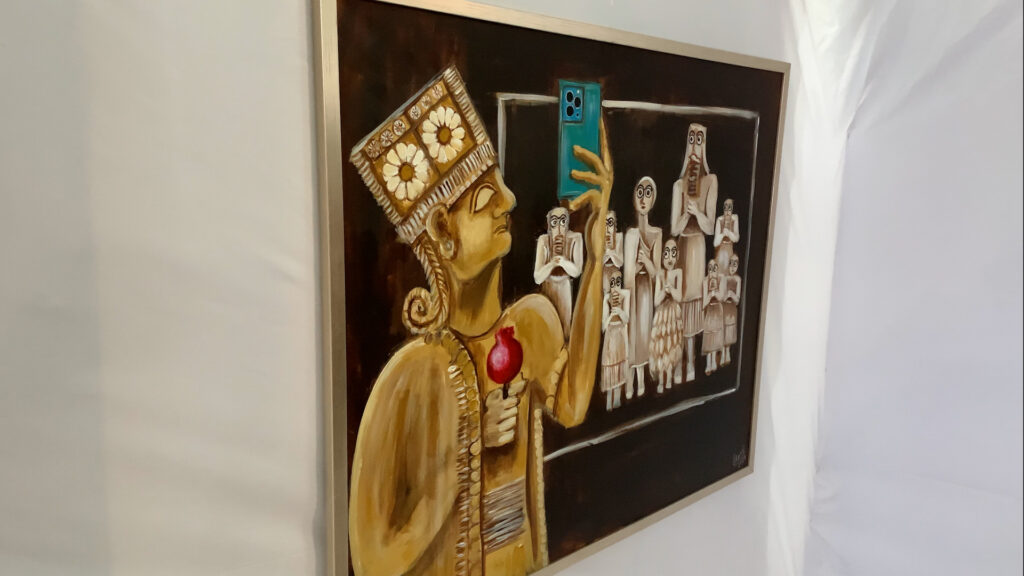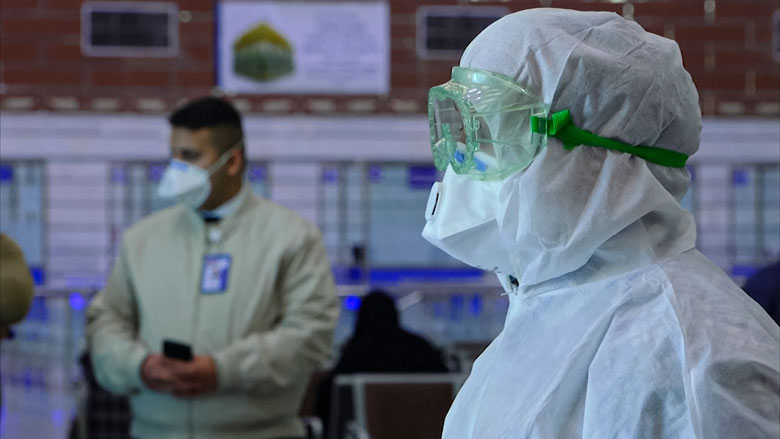Time to investigate the Washington Post's Qatari collusion: report

Even as the New Zealand government was condemning the Erdogan regime for using mosque shooting footage in its election rallies, the Washington Post decided to give the Islamist tyrant a platform, Daniel Greenfield, an investigative writer wrote in the Front Page magazine.
It was the second time in six months that The Post had given Erdogan a platform.
Recep Tayyip Erdogan has prisons full of political dissidents. He has silenced the media and has tortured opponents. His brutal Islamist regime has been described as the world’s biggest jailor of journalists.
It’s been estimated that a third of the world’s imprisoned journalists have been locked up by his regime.
But that didn’t stop the Washington Post from giving the man who has locked up hundreds of journalists a forum to posture about the mysterious death of The Post’s own Qatari lobbyist: Jamal Khashoggi.
The Washington Post is a paper that is uniquely willing to not only advocate on behalf of Islamists and their causes, as it frequently does, but to provide a forum for some of the most toxic Islamists around. And those Islamists are invariably aligned with the Qatari-Turkish-Iranian axis and the Brotherhood.
The paper’s decision to provide Osama bin Laden’s old friend, Jamal Khashoggi, with a forum for promoting Qatari interests, from the Brotherhood to attacks on Saudi rivals, and to then turn his death into a crusade, is part of a larger picture of collusion between The Postand Qatar’s Islamist axis.
Khashoggi was a Qatari lobbyist whose columns, as The Post was forced to admit, were shaped by the Qatar Foundation. The Foundation, an arm of the Qatari regime, proposed topics, drafted them and translated his columns. Jamal Khashoggi was not a journalist. He was a front for Qatar to plant columns attacking Saudi Arabia and promoting the Muslim Brotherhood in the Washington Post.
Last year, the Post was criticized for running an op-ed by Mohammed Ali al-Houthi, the leader of Yemen’s Houthi Jihadis whose motto is, “Death to America, Death to Israel, Curse the Jews, Victory to Islam.” The Jihadist group is backed by Iran and had launched an attack on the USS Mason.
After the attack, its commanding officer noted that, “Mason’s actions protected 1,000 US sailors on the warships and countless more mariners in merchant vessels.” What the Houthis couldn’t accomplish with kinetic weapons, its Qatari and Iranian allies sought to accomplish using the instrument of the Post.
The op-ed was the tip of a much larger iceberg in which the media spread Qatari and Iranian propaganda falsely claiming that the campaign against the Houthis had caused mass death in Yemen.
Typical Post headlines such as, "85000 children have starved to death" and "Enough is enough. End the war in Yemen" amplified the Islamist propaganda leading to Senate resolutions demanding that the United States leave Yemen to the Houthis. And allow Iran to take control of a vital strategic area.
The media flooded the zone with false claims that Saudi intervention, rather than Houthi larceny, had caused the famine. The truth emerged in an AP investigative report that revealed that large amounts of food were entering the country, but were being diverted by the Houthis for their own Jihadis or were being resold by the Shiite terror group to finance its war. These were the same tactics that Hamas, another Islamist terror group backed by Iran, had successfully used while the media falsely blamed Israel.
The Yemen famine was manufactured for tactical purposes by the Houthis who profited from stealing food while using a humanitarian crisis to force an end to the Saudi/American campaign against them. The more food they stole, the more money they made, the more people died and the more the propaganda circulated in Islamist mouthpieces like The Post urging that the Houthis be left alone.
Despite the revelations in the AP report, The Post continued pushing Islamist famine propaganda and members of the Senate continued relying on its reporting to undermine the US fight against Iran.
Erdogan and al-Houthi, like Jamal Khashoggi, were featured under Global Opinions. A highly visible banner touts “Post Opinions Arabic”. The Post’s global op-ed section doesn’t advertise foreign language translations for any other language. Its goal isn’t just influencing middle eastern politics. It doesn’t push op-eds in Persian, Turkish or, for that matter, Hebrew. Its goal, like that of Qatar, is the Arab world.



